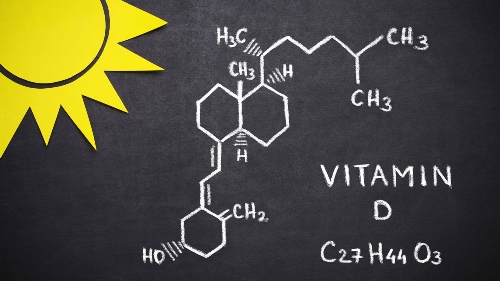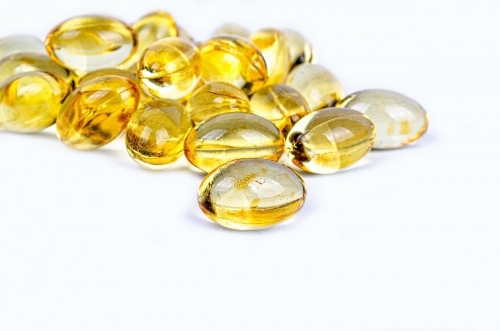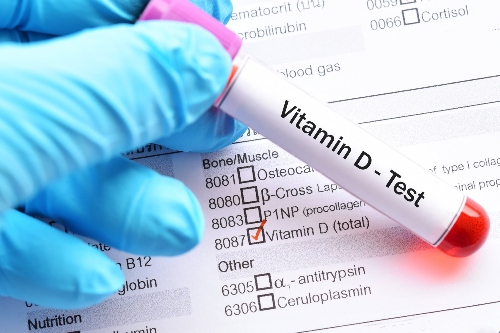We all know someone who takes Vitamin D supplements, or we make them ourselves. However, you might be putting yourself at risk if you don’t know these things yet!
What is Vitamin D?
The sunshine vitamin is a hormone that helps absorb calcium for strong and healthy bones. Other studies have shown it also positively affects your mood, weight, and overall health. However, the critical factor is how much you’re taking it or whether you even need it!

Global Recommendations for Vitamin D
Countries around the world have general guidelines for their citizens when it comes to the intake of Vitamin D. The UK’s Public Health England recommends every adult takes a 10-microgram supplement in colder seasons when the angle of the sunlight hitting the earth prevents many UVB rays from penetrating the atmosphere.
In Canada, adults are advised to get 15 micrograms of vitamin D on average. In the US, adults also are advised to get 15 micrograms. Moreover, much of the country’s milk, breakfast cereals, margarine, yogurts, and orange juice are fortified to facilitate the intake.
Who Should Be Taking Supplements?
Certain groups are more at risk of a vitamin D deficiency, and some of them include vegetarians, darker-skinned people, office workers, people over 55, people suffering from depression. In their case, extra Vitamin D intake is suggested but firstly, through natural means.

What Are Natural Ways To Get It?
Naturally obtaining the vitamin would be through spending some time in the sun or by consuming food high in vitamin D. Foods that are rich in vitamin D include fish, egg yolks, grain products, and fortified dairy.
After that, if you still want a supplement, then it is essential to consult a physician. There are different dosages of vitamin D for other uses, so you need to have your vitamin D levels checked before taking any supplements.

Harms From Taking Too Much
Some people will benefit from taking vitamin D supplements to promote their bone health; however, too much can harm. For example, a 2010 study published in JAMA showed that the intake of high doses of vitamin D in older women was associated with more falls and fractures.
Secondly, taking a supplement that contains too much vitamin D can be toxic in some rare cases. It can lead to hypercalcemia, a condition in which too much calcium builds up in the blood, potentially forming deposits in the arteries or soft tissues. This is why consulting with a physician is a must!
Stay tuned to Brandsynario for the latest news and updates.







































